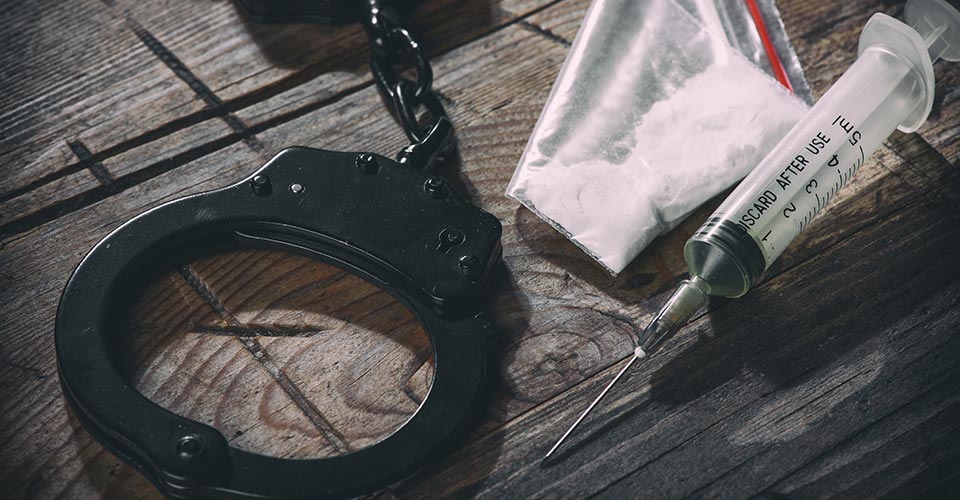BLOG
Important Changes to U.S. Drug Laws in 2017 and Their Impact

Every year, there are changes in U.S. drug laws that can have significant effects on drug offenders facing trial, and how prosecutors charge defendants. Let’s take a look at some of the biggest changes in drugs laws in 2017.
U.S. Attorney General Announces New Federal Drug Sentencing Policy
In May, Attorney General Jeff Sessions announced a new policy in which his office said it would urge federal prosecutors to seek maximum charges and sentences for defendants, especially those arrested for drug offenses. The move was a direct repudiation of President Obama’s policy of urging federal prosecutors to seek lower sentences for low-level drug offenses.
By instructing federal prosecutors to seek higher punishments for drug offenders, Sessions is taking a new stance on drug defendants, and is also requiring prosecutors who deviate from his policy to first seek approval from the Justice Department. The shift in policy could result in even more prison crowding, because defendants who are convicted on lesser drug offenses would still likely be facing prison time as opposed to probation or suspended sentences.
Drug Possession in Oregon Now Charged As a Misdemeanor
In August, Oregon Governor Kate Brown signed a bill that requires anyone arrested for possession of heroin, cocaine, methamphetamines, and other drugs for personal use be charged with a misdemeanor instead of a felony. The bill was passed in part as a response to the growing number of health are experts who argue that jailing drug offenders who are not selling drugs to others, but are instead using it for their own use, is a waste of public resources. Instead, the state of Oregon is trying to help this class of drug offenders seek long-term treatment for their addiction.
The Oregon Association Chiefs of Police and the Oregon State Sheriffs’ Association supported the bill. Both organizations believe that drug treatment is the key to reducing the number of drug offenders in the state. Oregon lawmakers have also petitioned the government to remove marijuana from its schedule of illegal narcotics. Although marijuana is legal in many states, it is still categorized as an illegal and dangerous drug under federal law.
Federal Agencies Expand Urine Drug Testing Programs
In January, the U.S. Department of Health and Human Services and the U.S. Department of Transportation expanded federal urine drug testing programs to include Schedule II Opioid drugs such as hydromorphone, hydrocodone, oxycodone, and oxymorphone. The expansion will affect drug testing of commercial truck drivers who fall under the supervision of the U.S. Department of Transportation.
The expansion is meant to be the government’s response to the current opioid crisis that has affected many major cities in the U.S. and shows no sign of slowing down. The opioid crisis includes abuse of legal prescription drugs as well as illegal opiates such as heroin and morphine.
Your Right to a Defense Attorney
If you are facing a drug charge, your first step should be to hire an experienced defense lawyer that can protect your rights, find ways to challenge the evidence against you, or negotiate a plea agreement. Call the Fitch & Stahle Law Office at (402) 494-3012 for a free consultation.


